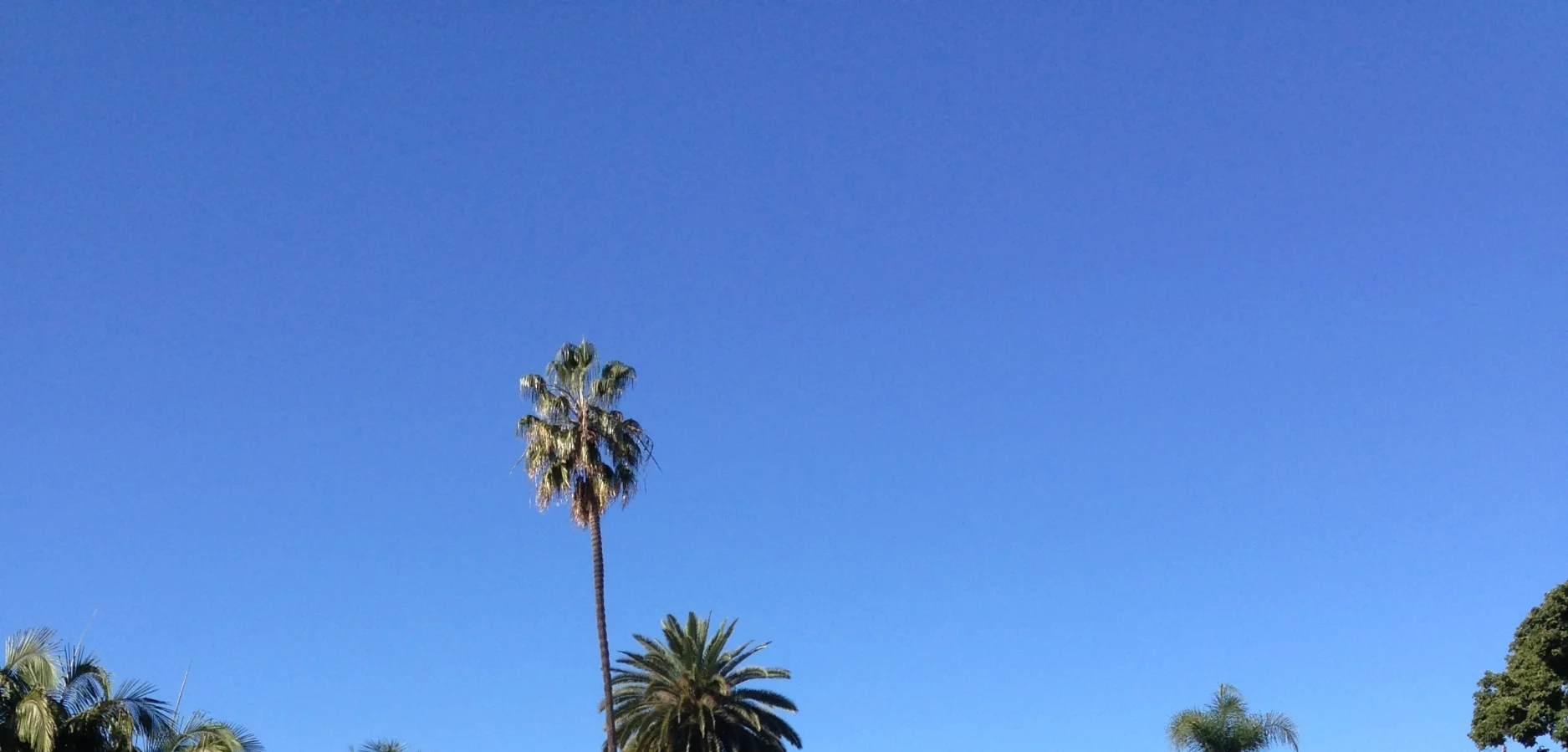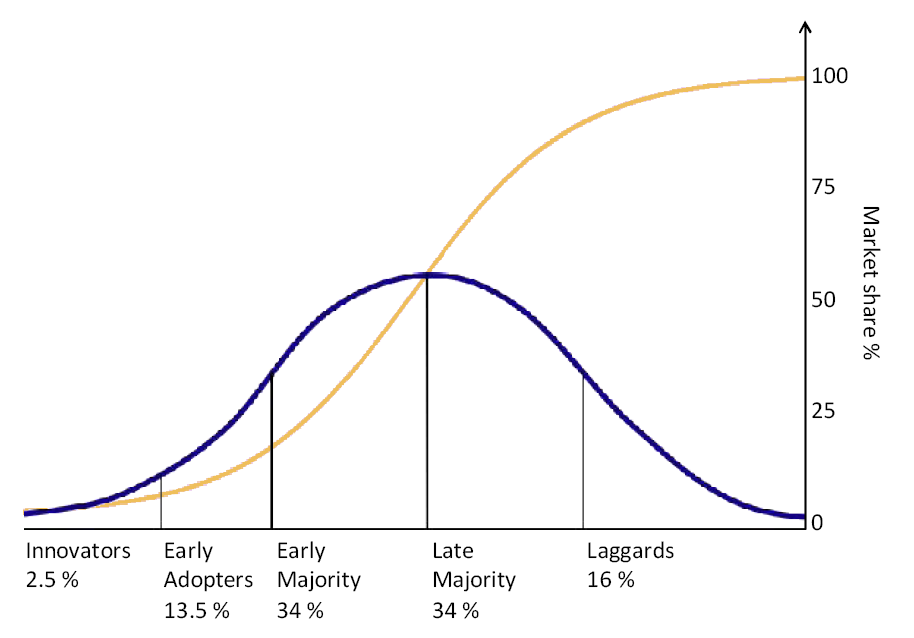By painting Apple as a new untouchable in the CE industry, has Dave Morgan taken the liberty to show us that the consumer experience trumps just about everything else? After a decade of losing Apple vs. IBM comparisons (in which I, as a boy, defended Apple to the ends of the earth, aided by my weekly infusion of MacWEEK) can Apple have a further decade of dominance? Eerily familiar to descriptions of IBM in the 1960s or 70s.
Apple: The First Trillion-Dollar Company? 01/13/2011:
Apple is out-innovating and out-executing the entire market. No other company is delivering better consumer electronics products with better content and communications experiences to the market, and iterating them constantly, than Apple.? Not only that, but no one else is delivering consumer electronic products and related software and content at the scale, and with the degree of customer service, that Apple is today. Not Sony. Not Samsung. Not LG. Not Google. No one.
The business of video on demand was possible and eminently doable in 1994-95. Most of the cable companies buried their heads in the sand. IBM was content selling servers, having lost the DOS vs. Windows battle (or even OS2/Warp!) Yet we didn't see it for more than a decade in most US Cable households.
Great products and ideas die, all the time. I personally never owned a mac clone, but some of those machines were really insipiring piecves of machinery. Gil Amelio couldn;t save Apple, but Jobs did. He rebooted the company.
And that's why the powerhouse that Apple has become, can't last forever. What IBM has build doesn't rely on one person, ditto to GE, Comcast, Verizon. Apple has a lockup on the fringe, but it can't take the mass. The mass just won't tolerate it.
David Pogue suggests this morning that CES was a sideshow of Apple copycats. His money quote from an industry insider:
“These companies are like 6-year-olds on a soccer team,” one company representative told me. “The ball goes over here, and they all run after it in a blob. ‘Tablet!’ ‘Tablet!’ ‘Tablet!’ ”
The innovation, however, is moving to the cloud- the services on top of the devices. That will keep shiny, new things on our TVs for now. See InsideFacebook's The Best Facebook-Integrated Devices from CES 2011.
But it can't last longer than Steve Jobs. Even as Steve keeps the fanboys cheering (and even some day clicking the "like" button) he hasn't build anything that can outlive him.
Well, maybe, just maybe, it's fixing the news business! (via Fake Steve Jobs)
The news business has descended into the gutter in a pathetic attempt to stay alive. It’s been a horrible race to the bottom. This is turn has polluted our politics, and now we’re seeing the result of it.
Fortunately for the world, we’re going to change all that, with iPad and the apps model. But that’s a story for another day.



